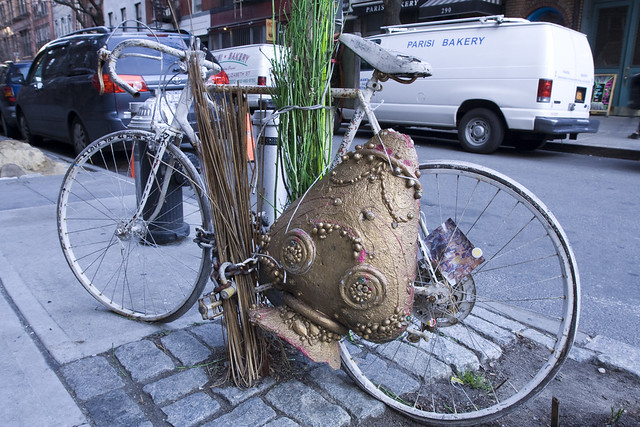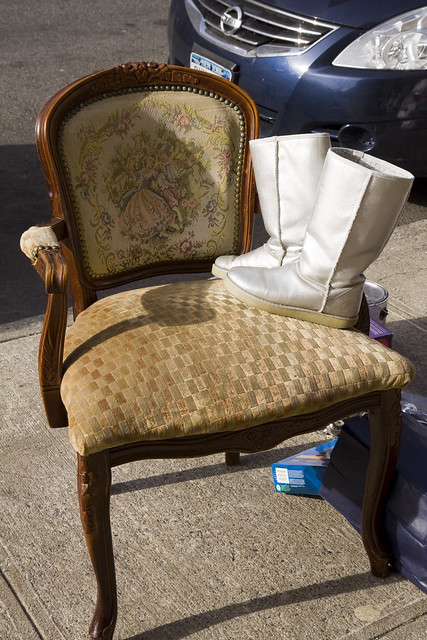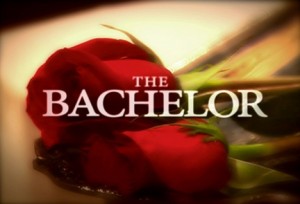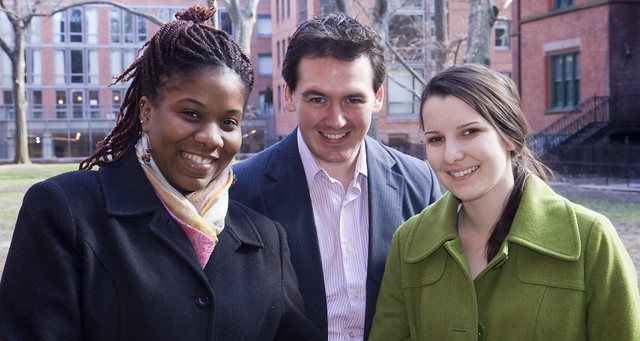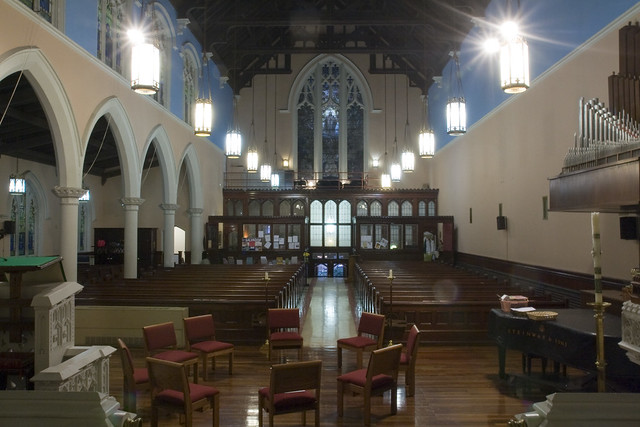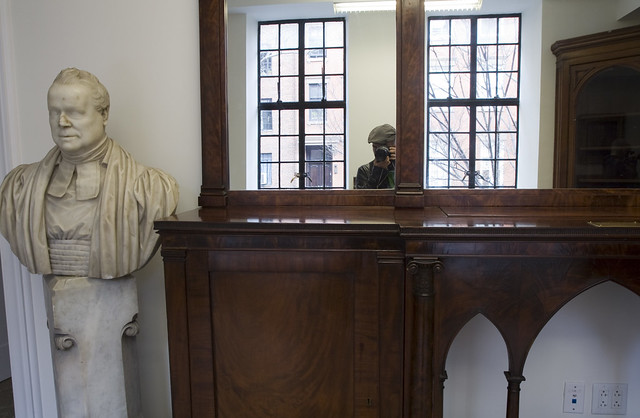On Friday, I wandered down to the Burke Library at Union Theological Seminary to do some research on the individual communion cup issue at the turn of the last century. I hoped to discover a massive display of minutes from the conventions of various Lutheran synods but I found their pickings to be very small. I flipped through probably a dozen, spanning the years from 1866 to 1924, and found very little pertaining to the controversy. The library was missing many of the critical pieces that I was hoping to find and look through. The only tidbits I noticed involved a couple of fights pertaining to the adoption of the Common Service for Worship (though whether how communion was done mattered in that, I don’t know), a 20 point theological agreement between the a couple of synods written in 1902 by the guy who wrote an article against the individual communion glasses in 1903, and the fact that the PA ministerium in 1923 had a committee called “Advisory to Congregations Contemplating Change in Method of Administering the Lord’s Supper” (which gave no report that year) and, in 1924, that said committee no longer existed (nor was there reference to why it went away). After those little “discoveries,” I felt like I had wasted a lot of my time. I left the tomb of books, sat down at a computer terminal, and went through some of the electronic databases that Union has access to. I pulled about a dozen articles, most of them from the Journal of the American Medical Association and the British Lancet. This afternoon, I sat down to read and digest them and, it was then, that I met Mr. Howard S. Anders, M.D.
Dr. Anders really enjoyed the individual cup. He gathered research, spoke at medical conferences, and did all he could to propagate the concept of the individual communion cup. And his language was fightin’ words for those of us influenced by the later liturgical renewal movements. He was one of the first to do a before and after study of the common cup, found some bacteria, and claimed that you could get cancer from sharing the common cup. Even though he admitted that no one would probably be able to show that a disease was passed via the common cup, he argued from silence that IT COULD HAPPEN and, thus, the churches should stop using them. He also argued, quite often, about how gross the common cup could be because of mustaches, cigarette smells, and people with bad teeth. He did what he could to make it sound like even looking at the common cup might give you an STD. Yet, even though he was a doctor and tried to claim objectivity, I noticed that his theology heavily influenced his view of how the Lord’s Supper should be administered. He spoke, quite often, about it’s symbolic nature and, well, stuck by his baptist background, and he adamantly pish poshed any idea of unity or oneness from using the common cup. He also said that churches who do this will have an increased number of communicants because of the appearance of cleanliness and that the church services would go faster! For some overworked clergy, I bet that sounded like a good idea.
If Dr. Anders’ data is to be believed, the first church to use individual glasses was in Maine in late 1893. But the most serious scientific and systematic attempt took place in early 1894 in Rochester NY (a trial run at a congregation with 260 members followed by the main event – Central Presbyterian with 1600). Six months later, the shenanigans moved to NYC at Bedford Avenue Baptist Church in Brooklyn. At the American Medical Association conference in Philadelphia in 1897, Dr. Anders claimed that 224 congregations (including 5 Lutheran!) were using individual communion cups. In a letter to the editors of the The Lancet in late 1900, Dr. Anders claimed nearly 800 congregations were using the shot glasses. By 1902, the number was now 1500, with approx 7% being Lutheran. Dr. Anders, in that last report, ended his letter with the following:
It is extremely rare that any antagonistic official action is taken by ostensibly representative ecclesiastic bodies, the matter usually being left to each local church to investigate and decide. The only opposition that has come to my notice for many years was lately that of the Lutheran ministerium meeting at Easton, Pa., at which its action of 1895 was reaffirmed, condemning the use of individual cups, apparently for dogmatic and ritualistic, certainly not for cleanly or sanitary reasons.
“The Prevalence of the Individual Communion Cup,” J. Am. Med. Assoc. Vol 38 (24), 1586.
So there’s the Lutheran connection! And, according to Dr. Anders, its action was rather abnormal. I feel like I’m finally getting somewhere now.
